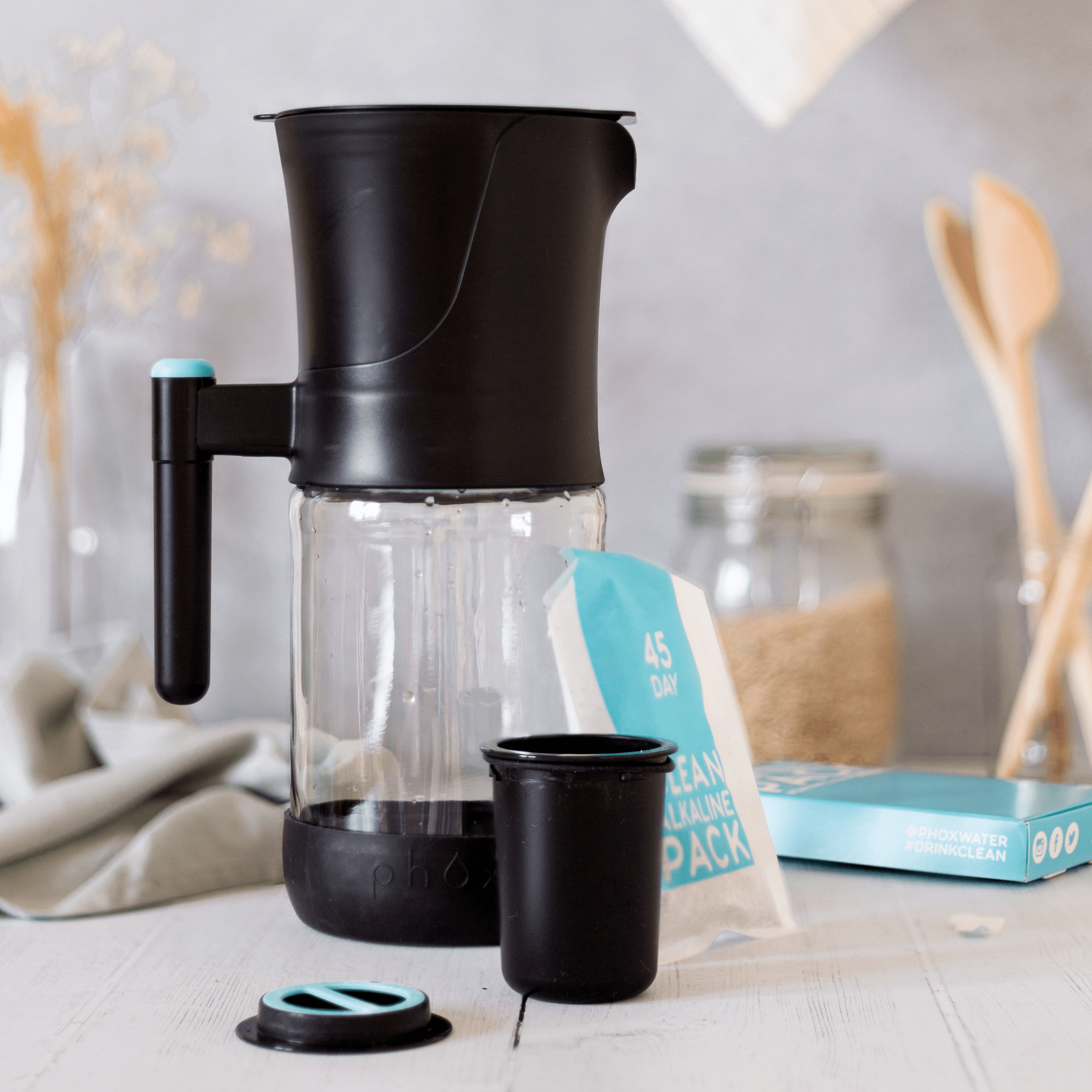The Impact of Chlorine in Your Drinking Water: Why Should You Avoid It!
Water is the essence of life, and it's vital that we have access to clean and safe drinking water. However, have you ever wondered about the impact of chlorine in your water? You may have noticed its distinct smell and taste, but there's more to it than meets the eye. In this blog post, we'll delve into why you might want to consider avoiding chlorine in your drinking water and explore some alternative options that can ensure a healthier hydration experience. So, let's dive right in!
The role of chlorine in drinking water: Chlorine is commonly used as a disinfectant in water treatment facilities to eliminate harmful bacteria and viruses. It's undoubtedly effective in killing pathogens and preventing waterborne diseases, but it's important to recognise that chlorine itself can pose certain risks to our health.
The drawbacks of chlorine: One major concern with chlorine is the formation of disinfection byproducts (DBPs). When chlorine reacts with organic matter in water, such as decaying leaves or pollutants, it produces DBPs like trihalomethanes (THMs) and haloacetic acids (HAAs). These byproducts have been linked to potential health risks, including an increased risk of cancer, respiratory issues, and reproductive problems. Prolonged exposure to chlorinated water may also irritate the skin and eyes, especially for those with sensitive skin or existing conditions like eczema.
Chlorine alternatives: If you're looking to minimise your exposure to chlorine in drinking water, here are a few alternatives to consider:

- Activated Carbon Filters: Installing a filter system with activated carbon can effectively remove chlorine and its byproducts, providing you with cleaner and better-tasting water.
- Reverse Osmosis: This filtration method uses a semipermeable membrane to remove chlorine, as well as other contaminants like heavy metals and pesticides, ensuring water of high quality.
- Ultraviolet (UV) Disinfection: UV treatment exposes water to ultraviolet light, effectively killing bacteria, viruses, and other microorganisms without the need for chlorine.
- Boiling Water: Boiling tap water for a few minutes can help eliminate chlorine, but keep in mind that it won't remove other contaminants.
While chlorine serves a purpose in disinfecting our drinking water, it's essential to understand the potential drawbacks associated with its use. By exploring alternative water treatment methods you can enjoy the benefits of cleaner and chlorine-free hydration. Remember, it's always a good idea to research and consult with experts to determine the best solution for your specific needs.
By being informed and taking proactive steps, you can prioritise the health and well-being of yourself and your loved ones. So, let's raise our glasses to a future where clean, chlorine-free water flows freely, ensuring a healthier and more refreshing drinking experience for all. Cheers to your well-being!



